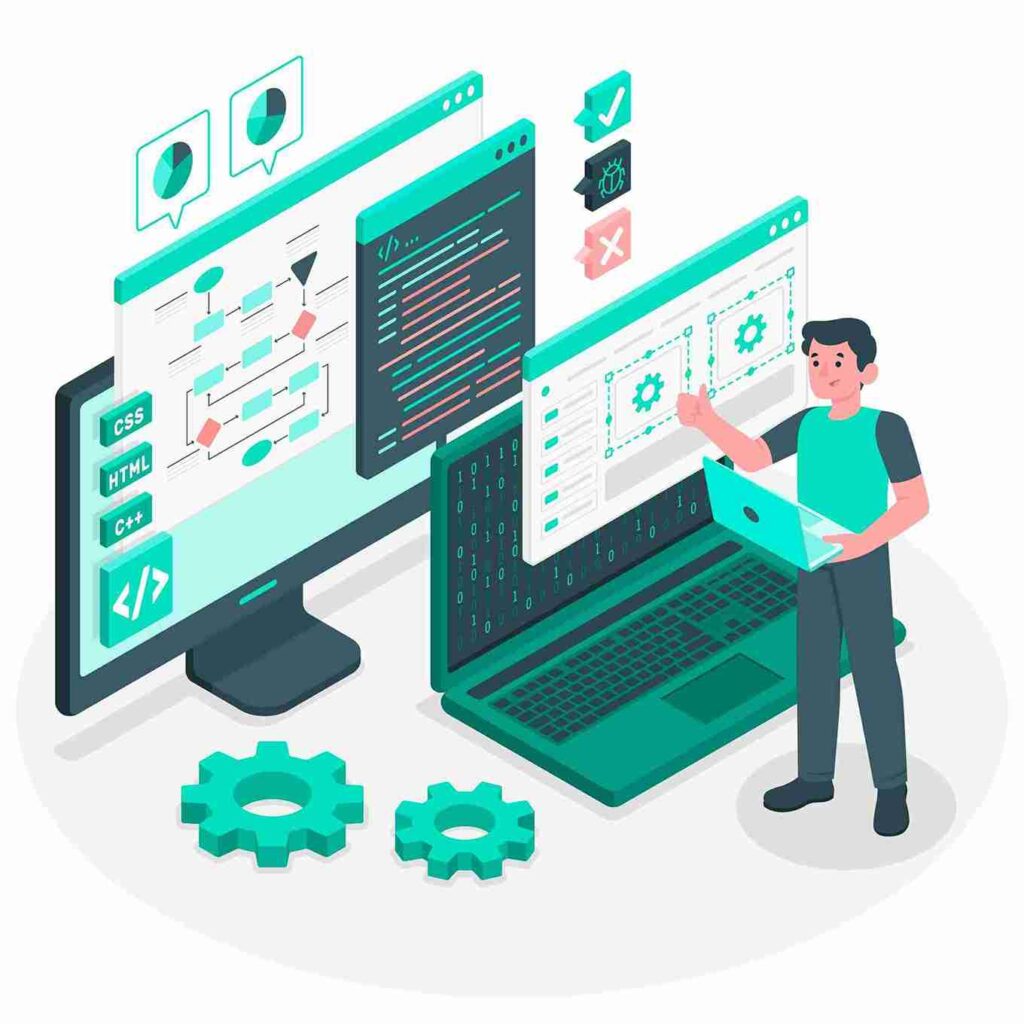Functional Testing Services Tools
In this current, complex business environment, functional testing is imperative for every business to implement in every project, be it of a long duration, new or large engagements. By focusing on accelerated testing, organization can enhance the efficiency and effectiveness of functional testing. The quality can be determined by the performance of the software functionalities.
The IT Chimes functional testing methodology is easily adaptable and well structured. Our proficient team, have helped multiple enterprises to implement an organized approach in functional testing service through our efficacious internal framework. We establish the latest tools and techniques of testing in terms of dynamic test planning and scheduling, profiling, automated test design and validation among others.

Why Us?
- Our in-house solutions helps in developing automated test cases from customized business process libraries.
- We provide end to end testing, from testing requirements to execution, through extensive reporting and management.
- Completely functional QA services for our clients are performed to ensure that the software functionality performs according to their requirements.
- Validation, in relation to the feature of an entire component or function of your products and of data integrity across different business flows.
- To improve the availability and reliability of the systems, tool based methodology blends commercial tools and IP solutions. Our well defined project management and engineering further saves time and cost.
- Dedicated team with well equipped servers, performs this testing.
- Detailed test metrics at the end of each cycle along with the use of appropriate defect tracking systems to report any issues for best results.
Frequently Asked Questions
Functional Testing ensures that the software performs as expected and meets the needs of the end users. It helps identify and fix issues early in the development process, reducing the cost of fixing defects later.
The main types of Functional Testing include:
- Unit Testing: Testing individual components or modules.
- Integration Testing: Testing the interaction between integrated components.
- System Testing: Testing the complete system as a whole.
- Acceptance Testing: Testing the software against business requirements.
Functional Testing is typically performed by QA (Quality Assurance) engineers or software testers. Developers may also perform unit testing, which is a subset of Functional Testing.
Functional Testing focuses on testing the functionality of the software against the requirements, while Non-Functional Testing evaluates aspects like performance, usability, reliability, and security.
Common tools for Functional Testing include Selenium, QTP (QuickTest Professional), JUnit, TestComplete, and SoapUI, among others.
Test cases in Functional Testing are designed to cover specific scenarios and validate that the software behaves as expected. Each test case is based on functional requirements and includes input data, execution steps, and expected outcomes.
Functional Testing verifies new functionality or changes in the software, while Regression Testing checks that existing functionality is not broken by recent changes.
Functional Testing should be performed at various stages of the software development lifecycle, including during the development of individual components, after integration, and before the release of the final product.
Yes, many aspects of Functional Testing can be automated using tools like Selenium, TestComplete, or QTP. Automation helps in executing repetitive tests efficiently and consistently.
